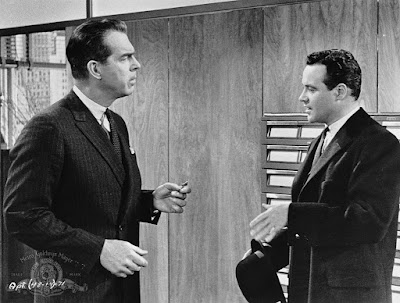The rape, back in 2012, of a teenage girl by a couple of guys from the Steubenville, Ohio, football team did not go unnoticed by our national press. I recall reading about it in The New York Times in the months afterward and being surprised (but not really) at the nastiness of both the thing itself, and of some of the reactions of the students and adults who were involved, even as bystanders, to this ugly event.
Even if you remember a lot about this, too, TrustMovies suspects you will still be surprised and quite interested in the information garnered by filmmaker Nancy Schwartzman and how she has delivered it for further exploration in her new documentary, ROLL RED ROLL. The movie is quietly involving and finally as depressing as it is devastating.
Ms Schwartzman, pictured at left, has a low-key but penetrating style; this is nothing like so many of the obvious, repetitive and cliche-ridden weekly television programs that deal with "true crime."
Instead, the filmmaker has unearthed enough behind-the-scenes information and subsidiary characters, one of which -- a female crime blogger named Alexandria Goddard (shown below) -- seems as close to the heroine of the documentary as you'll find. Ms Goddard, when she first heard of this incident, did her own digging, and her blog posts made much of the town of Steubenville angry as hell. For very good -- if very guilty -- reason: As in so much of American, today, just as at the time of this event, boys, machismo, and football trample just about everything in their path. Especially girls and even a remote sense of justice.
One of the most interesting things about the documentary is the manner in which it demonstrates both the horror and the help produced by social media. What we see of these footballers' texts speaks volumes about male entitlement and the place of the female in American society. And the collusion between everyone from parents and students to school administrators and teachers to protect the guilty and tarnish the victim is appalling, disgusting. What is uncovered here goes both farther back and farther ahead than this single rape incident.
Schwartzman also reconstructs the night of the crime, the where and the when, along with the police investigation, then puts it all together so that we easily follow things. By the time Anonymous becomes involved, further goosing justice into a "woke" state, you'll be holding your breath yet again. Schwartzman and her crew have done a major service in helping to upend the ongoing rape culture so prevalent in our own and much of western (hell, eastern, too) society, personified perhaps most clearly and wretchedly by the current President of the United States.
A Together Films release running a lean 80 minutes, Roll Red Roll opens in its theatrical premiere this Friday, March 21, at Film Forum, New York City. Other playdates? I don't find any currently listed on either the distributor's or the film's web site. But if you are not currently in the NYC area, the documentary will air later this spring as part of the popular PBS series, POV. Check your local PBS station for more details.
































